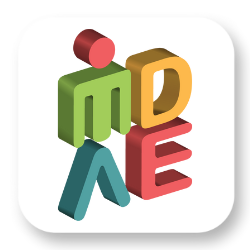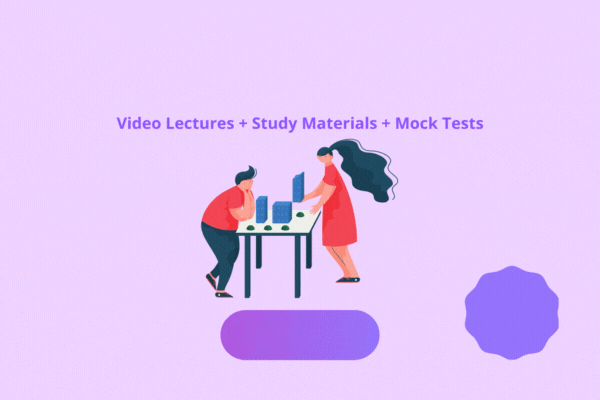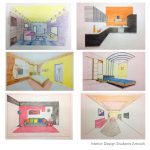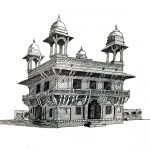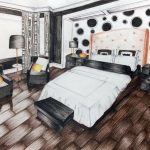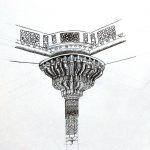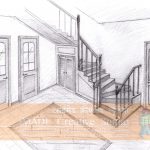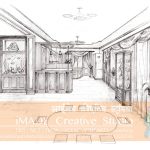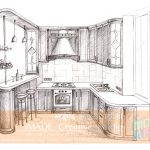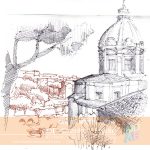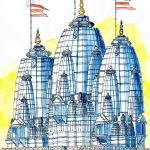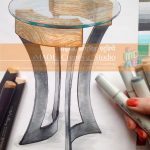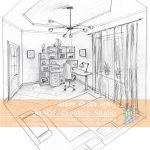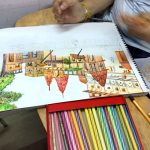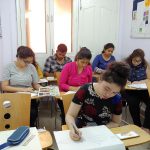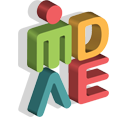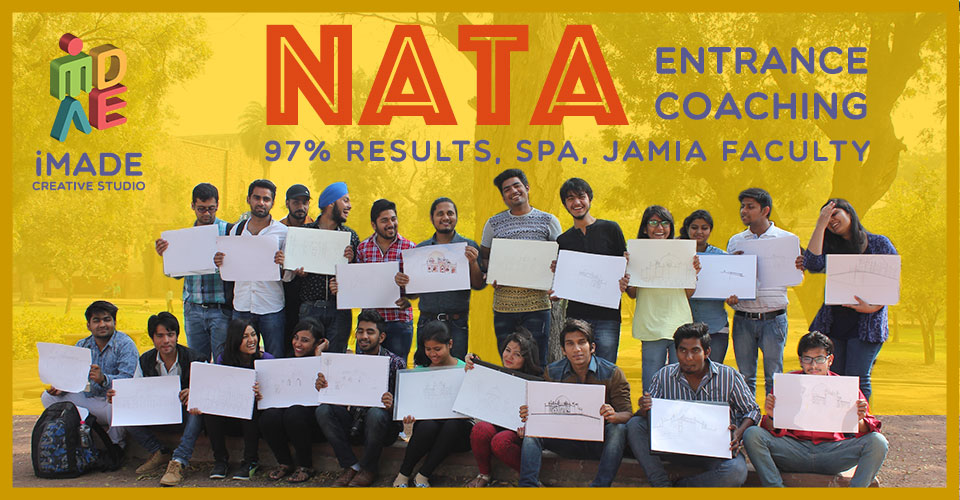
NATA Coaching Online Live Classes
India’s highest rated NATA Coaching online program. 751+ students has cleared NATA. Over 12+ years of NATA coaching program, developed and taught by SPA, Jamia faculty. iMADE’s NATA Coaching is Best in the industry known for Drawing, Aptitude, Reasoning and Maths classes with Free study materials.
NATA Coaching online program at iMADE Creative Studio will prepare you for the subjects in the syllabus of NATA entrance exam, which is drawing and observation skills, sense of proportion, aesthetic sensitivity, critical thinking ability, mathematics, reasoning and architecture aptitude.
NATA (National Aptitude Test in Architecture) is the test to judge the aptitude of student for the field of Architecture in India, conducted by COA(Council of Architecture).
April 06
1st Nata TestJune 03
2nd Nata TestJuly 09
3rd Nata Test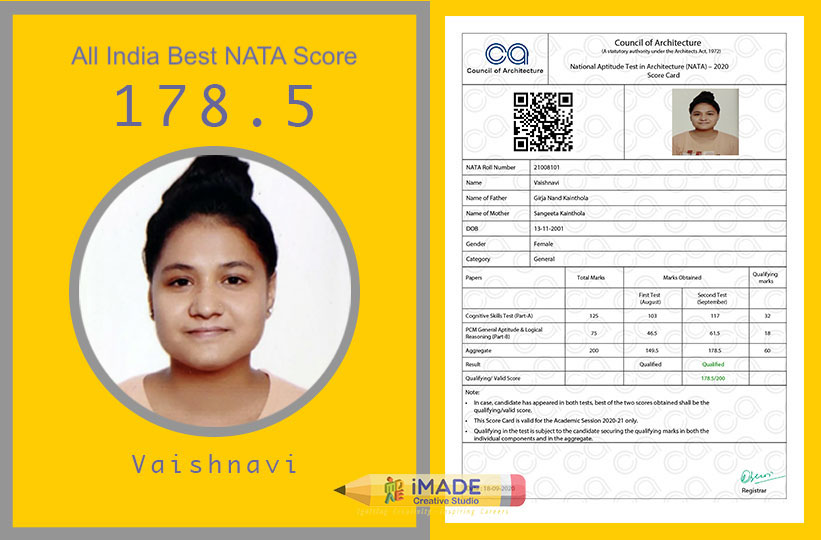
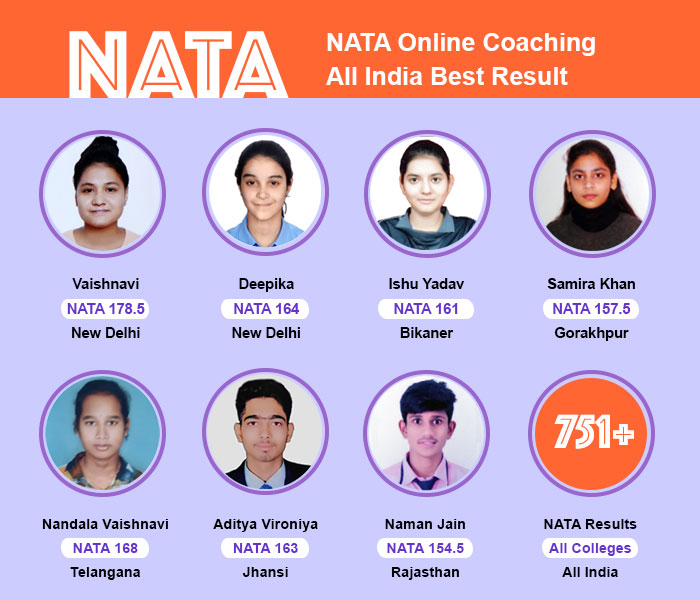
NATA Coaching Upcoming Batches 2024, 2025, 2026
For Students who are appearing for 2024-25-26 NATA Examination.
11th, 12th, 12th Passout, Diploma Students
All Subjects Covered.
All rounds included
The classroom and online program for NATA coaching will include:
- Classroom/ Online coaching for Drawing, Aptitude and Maths in NATA syllabus
- Live/ online drawing sessions with experienced faculty
- Best in Industry Study materials and Notes
- Presentations of different subjects in PPT for better understanding
- Mathematics
- Mock tests and time management tips
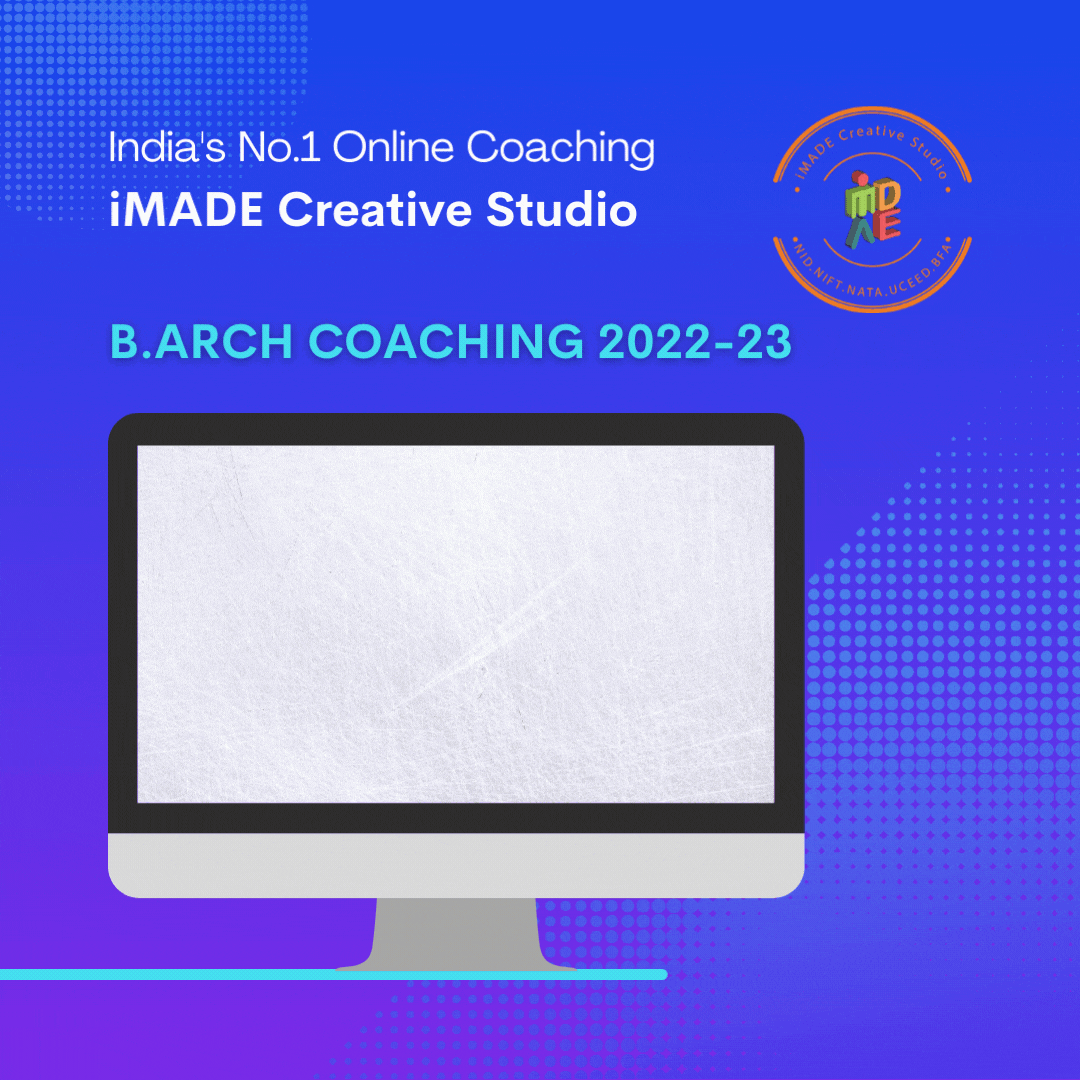
iMADE course curriculum for NATA Coaching:
- Basics of Drawing
- Visualising 3D shapes, spaces and application
- 2D & 3D drawings
- Architectural vocabulary
- Building Materials
- Perspective drawing
- Shade & Shadow
- Composition building
- Rendering
- Anatomy
- Ergonomics
- Measurements
- Colour theory
- Application of colour
- Colour psychology and analysis
- Object and Furniture drawings
- Diagrammatic Reasoning
- Numerical Reasoning
- Verbal Reasoning
- Inductive Reasoning
- Situational Judgment
- Logical Reasoning
- Abstract Reasoning
- Principles of Design
- Elements of Design
- Graphics and Imagery
- GK & Current Affairs
- Still life
- Verbal & Non-verbal reasoning
- Mathematics
- Aptitude
- Architecture theory
- Mock tests
Why study at iMADE
- NID & NIFT (M.Des); IIT-Roorkee, SPA, Jamia (M.Arch); MSU(Baroda), College of Art(Delhi) (M.F.A.) Faculty to mentor students
- Updated teaching and study materials every year following the exam curriculum
- Improving drawing and sketching skills like a professional without prior drawing knowledge
- iMADE organises study tours and sketching trips for thorough understanding of subject
- Online Assignment submission, doubt clearing & discussion on next class
- Regular mock tests and revisions to monitor growth
- Student friendly environment and faculty
- Small student batches for personalised coaching

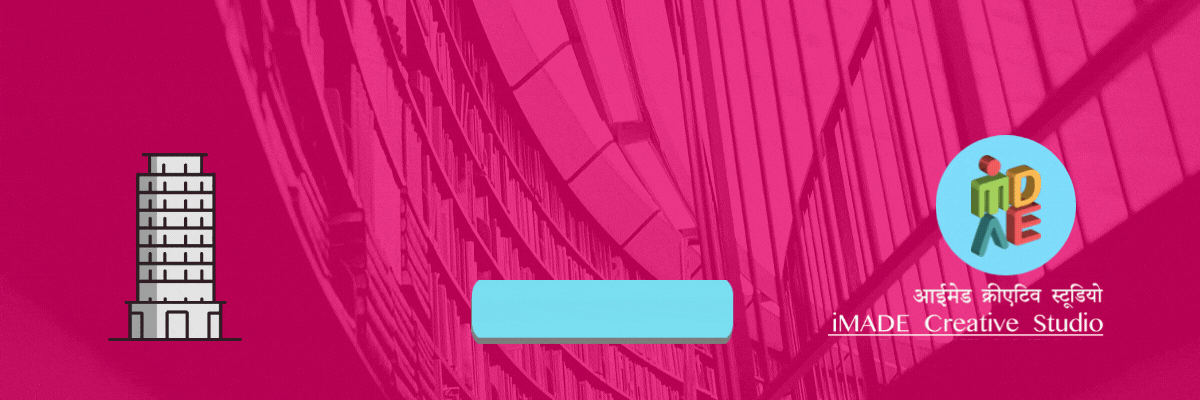
About NATA
- NATA (National Aptitude Test in Architecture) is conducted by COA (Council of Architecture), which regulates the education and practicing of Architecture in India.
- Candidates willing to join for a degree course in Architecture in India will have to clear either of the entrance exams (JEE-Mains-Paper-II or NATA) before applying for any college.
- To qualify for admission into any B.Arch college and getting into a B.Arch degree program Aptitude Test in Architecture is mandatory, as per COA (Council of Architecture) and Govt. of India.
- NATA test measures the candidates aptitude for the field of Architecture study. NATA test assess candidates ability to draw in proper proportions, observation skills, reasoning, aesthetics, Physics, Chemistry and Maths at 10+2 level and critical and analytic thinking ability. Architecture knowledge like: history, climatology, building methods and materials.
- NATA examinations 2024 are held 3 times a year all over the country at selected centres.The aptitude test will comprise of questions that could be of the Multiple-Choice type (MCQ), Multiple Select type (MSQ), Preferential Choice type (PCQ) and Numerical Answer type (NAQ).
- There are about 465 institutions presently imparting architectural education in India leading to recognized qualifications.
- Qualified applicants of NATA should apply separately for colleges for screening, counselling and admission, only a valid NATA score will not get you a seat.
Important Changes in NATA Examination Pattern 2024:
- Part A – Drawing and Composition Test – Offline Test – 90 Minutes
- A1 – 1 Question – Composition and Color -25 Marks
- A2 – 1 Question – Sketching & Composition (Black and White)- 25 Marks
- A3 – 1 Question – 3D Composition – 30 Marks
Total 3 Questions – 80 Marks
- Part B – MCQ – Computer based online Test – 90 Minutes
- B1 – 30 questions x 2 Marks – 60 Marks
- B2 – 15 questions x 4 Marks -60 Marks
- The aptitude test will comprise of questions that could be of the:
- Multiple-Choice type (MCQ)
- Multiple Select type (MSQ)
- Preferential Choice type (PCQ)
- Numerical Answer type (NAQ)
- Match the following type (MFQ).
- The medium of Aptitude test will be the English & Hindi language.
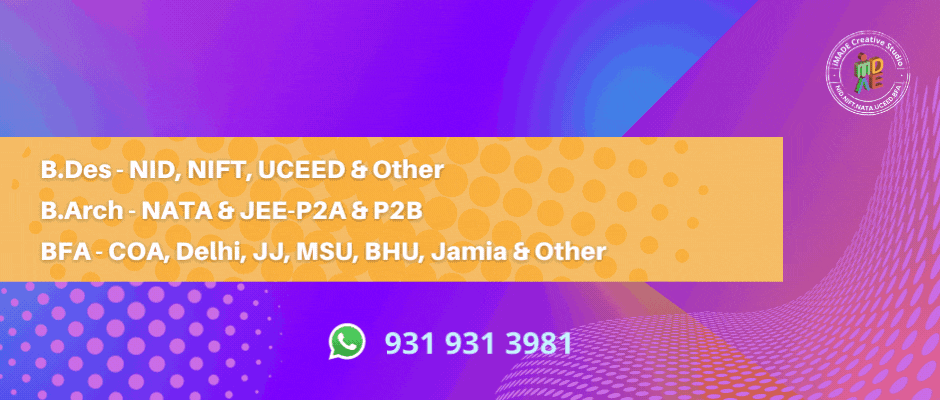
NATA Examination Important Dates 2023
NATA ENTRANCE EXAM ELIGIBILTY 2024:
Only candidates who have the following credentials shall be eligible for admission to B.Arch. Course.
- Qualified a recognized aptitude test in Architecture (NATA or equivalent)
- Have gone through any of the following curriculum with marks as prescribed below:
(a) 10+2 or equivalent examination of Central/State Govts. with 50% aggregate marks and with Mathematics as a compulsory subject of examination; OR
(b) 10+3 Diploma (any stream) recognized by Central/State Govts. with 50% aggregate marks with Mathematics as a compulsory subject of examination; OR
(c) International Baccalaureate Diploma passed/appearing, after 10 years of Schooling with 50% marks in aggregate and with Mathematics as compulsory subject of examination
Pattern of Questions and mode of Answering
- The aptitude test will comprise of questions that could be of the Multiple-Choice type (MCQ), Multiple Select type (MSQ), Preferential Choice type (PCQ) and Numerical Answer type (NAQ).
- This is one and half hour (90 minutes) – 80 Marks Test where candidate has to attempt three questions. The content of the PART A Test is as follows:
-
�
- A1 – Composition and Color -25 Marks: Creating suitable compositions for various situations and coloring them appropriately. Re-arranging various shapes in visually appealing manner and coloring it suitably. �
- A2 -Sketching & Composition (Black and White)-25 Marks: Ability to draw, visualize, depict a situation, involving buildings / its components, people, environment, products with an understanding of scale, proportions, textures, shades and shadow etc. �
- A3 – 3D Composition-30 Marks: Creating interesting 3D composition for the given situation using the provided kit.
- A1 – Composition and Color -25 Marks: Creating suitable compositions for various situations and coloring them appropriately. Re-arranging various shapes in visually appealing manner and coloring it suitably.
- A2 -Sketching & Composition (Black and White)-25 Marks: Ability to draw, visualize, depict a situation, involving buildings / its components, people, environment, products with an understanding of scale, proportions, textures, shades and shadow etc.
- A3 – 3D Composition-30 Marks: Creating interesting 3D composition for the given situation using the provided kit.
- • Diagrammatic Reasoning – Tests the ability of logical reasoning, using diagrams and scenarios
- • Numerical Reasoning – Tests mathematical ability through simple problems
- • Verbal Reasoning – Assesses the ability to assess verbal logic
- • Inductive Reasoning – Tests the ability to see patterns and analyse given data
- • Situational Judgment – Tests problem-solving ability
- • Logical Reasoning – Tests ability to recognise patterns, sequences or relationships between shapes and imagery
- • Abstract Reasoning – Will assess general knowledge, and ability to utilise knowledge in new situations
- Electrostatics- Electric charges and Fields; Electrostatic Potential and Clearance
- Current Electricity; Magnetic Effects of Current and Magnetism; Moving Charges and magnetism; Magnetism and Matter
- Electromagnetic Induction and Alternating currents- Electromagnetic Induction; Alternating Current Optics- Ray optics and optical instruments, Wave Optics
- Dual nature of radiation and Matter
- Atoms and Nuclei- Atoms, Nuclei
- Electronic devices- Semiconductor Electronics, Materials, Devices and Simple circuits
- Algebra
- Logarithms
- Matrices
- Trigonometry
- Coordinate geometry
- 3-Dimensional Co-ordinate geometry
- Theory of Calculus
- Application of Calculus
- Permutation and combination
- Statistics and Probability
NATA Important Dates 2024
Drawing, Mathematics & General Aptitude Test
Drawing and Composition Test
Syllabus For NATA 2024
PART-A Drawing and Composition TestQuestions could be asked in various topics that assess candidates on basic concepts in mathematics, physics and geometry, language and interpretation, elements and principles of design, aesthetic sensitivity, colour theory, lateral thinking and logical reasoning, visual perception and cognition, graphics and imagery, building anatomy and architectural vocabulary, basic techniques of building construction and knowledge of material, general knowledge and current affairs, etc. and are may not be limited to those outlined.

